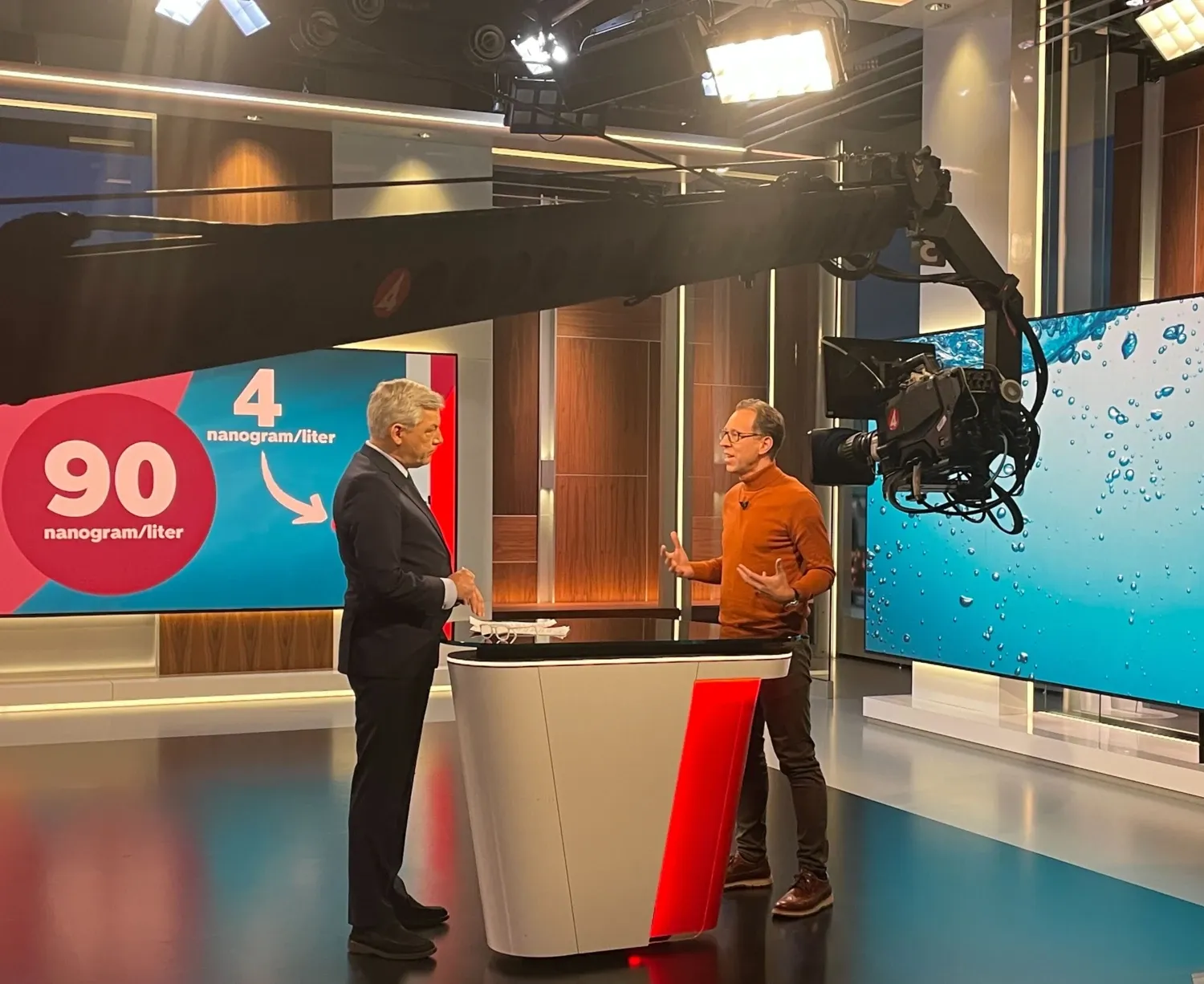Science to policy at the Centre for Health Crises
The Centre for Health Crises works to advocate for policy development to be based on science and proven experience. We work with what is known as science-to-policy, meaning that we think policy and decision-making should be supported by science and that universities should have a role in supporting the surrounding society before, during and after a health crisis, both in Sweden and internationally. In doing this, we value the collaboration we have with our partners and within our networks.
Our starting point is that in an era of multiple and overlapping health crises, both globally and in our neighbourhood, universities have a 'fourth task’, in addition to the research, education and outreach they conduct. The 'fourth task’ needs to be further defined but is based on the ability to contribute expertise and experience, both before and during a health crisis.
We work to advocate for the expertise of universities to be harnessed and utilised in health crises and as part of total defence, but also for science and proven experience to both influence and support decision-making and policy development.

Expertise mediation
Gathering existing and building new expertise, as well as making expertise and skills available, is a cornerstone of our activities. By making science-based expertise available, in the form of researchers and other staff at universities, we can both support the surrounding community in creating preparedness, improve management and learn lessons from health crises. At the same time, making expertise available is in itself an advocacy tool that shows the importance of the role of universities and the importance of a science-based approach to health crisis management.
We work continuously with expert mediation in all our areas of expertise and in health crises overall. This is done, among other things, through participation in the media, input to government investigations and assignments to government authorities.
Our collaboration with SBU - the Swedish Agency for Health Technology Assessment and Assessment of Social Services, on the Rapid Response Briefs workshop, has resulted in us being part of a reference group for their work on a developing systems and formats for rapid response briefs in a crisis . SBU was given this task in their appropriation directions for 2025. It specifically stated that it should be done in collaboration with us at the Centre for Health Crises.
Secondments
We also second expertise to emerging health crises and to work on health crisis preparedness. We do this through our partners who conduct operational work in health crises around the world. You can read more about our current secondments on our page about collaboration partners.
Similar to international secondments, we are working to find ways to enable secondment of staff between universities and government authorities and other actors within Sweden. We are currently part of ongoing work at Karolinska Institutet in conversation with relevant authorities.
Forum and meeting places
One means through which we both convey the competence and expertise of universities, and create venues for science to policy activities, is by creating independent forums and meeting places for discussion of complex issues. These are forums where academia, government authorities, county council, government offices, professional associations, civil society organisations and the business community can meet, both at decision-making and civil servant level.
Examples of when the Centre for Health Crises created this type are:
Policy lab
Policy lab is a forum that we organise regularly together with a working group at KI, with the aim of increasing knowledge and interest in public administration, decision-making and policy, science-based policy work and advocacy. They are primarily aimed at researchers and other staff here at KI, but depending on the theme of each policy lab, we also welcome participants from outside. You can read more about policy labs here, and also see dates for upcoming labs.
Consultations and input on government inquiries
Providing input to ongoing government inquiries and being part of the referral body that KI is, is an important part of both how we convey expertise and how we work to advocate for science-based policy development in Sweden. When we provide input, meet government inquiries, write consultation responses and the like, we do so based on our areas of expertise and our expertise in health crises overall, both in preparedness, management and evaluation. When appropriate, we provide input together with members of the Health Crisis Network, to further strengthen the expertise base of our statements.
Examples of government inquiries and the like that we have provided input on are:
- Inquiry on strengthening preparedness for future pandemics
- Mandate to urgently strengthen the capacity of the healthcare system to deal with incidents involving certain dangerous substances
- Health consequences of climate change in Sweden, a risk and vulnerability analysis from the Public Health Agency of Sweden
- Patient transport in Sweden during crisis and war, final report in government commission from the National Board of Health and Welfare
Opinion pieces
Writing and contributing to opinion pieces is another tool through which we use our expertise and highlight the importance of a science-based approach to decision-making and policy development. We have written and contributed to opinion pieces within individual areas of expertise and on topics related to health crisis management and preparedness in general.
This is a selection of the opinion pieces we have written and contributed to:
- We are ready - give universities a clear role in total defence, Curie magazine 17 December 2024
- We need a network for clinical studies for the next health crisis, in Dagens Medicin 1 March 2024
- Healthcare has become a target in the world's wars, in Dagens Nyheter 23 October 2024
Reports and papers
Another tool we use to disseminate knowledge and contribute to science-based policy development is the reports and papers we publish within our areas of expertise. Among other things, we have published two reports on lessons learned from the COVID-19 pandemic.
